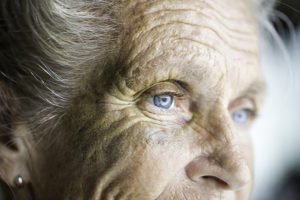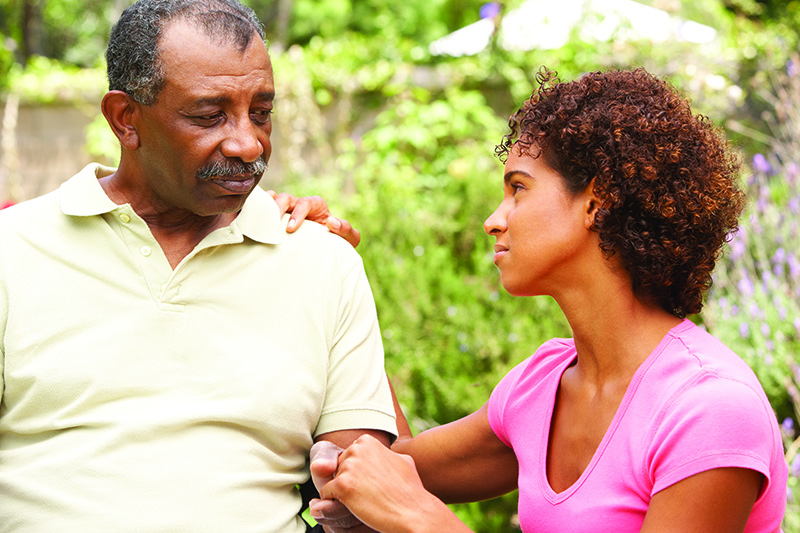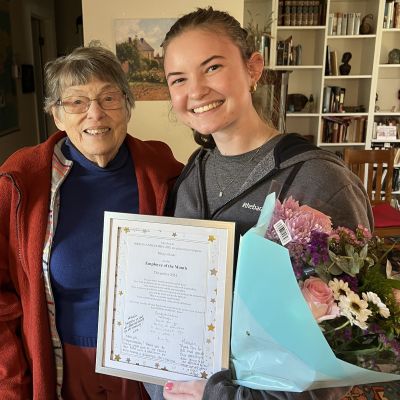Great Post!
Why Senior Bruising Is So Prevalent, and How to Help
 Of the many changes that occur in aging, increased bruising is one that can be frightening for family members to notice in their senior loved ones. While it’s important to check with the senior’s doctor whenever there’s a concern with his or her health, it’s also helpful to know that bruising in older adults is quite common, resulting from the thinning of the skin and reduction in fat experienced in aging. Even a slight bump or scrape can lead to much more extensive bruising than in younger skin.
Of the many changes that occur in aging, increased bruising is one that can be frightening for family members to notice in their senior loved ones. While it’s important to check with the senior’s doctor whenever there’s a concern with his or her health, it’s also helpful to know that bruising in older adults is quite common, resulting from the thinning of the skin and reduction in fat experienced in aging. Even a slight bump or scrape can lead to much more extensive bruising than in younger skin.
Hired Hands Homecare offers the following tips to help reduce the chances for bruising, and to help heal bruising when it occurs:
Prevention:
- Perform a safety assessment of the home, ensuring there are clear, wide walking paths with stumbling/tripping/bumping hazards removed. Hired Hands Homecare can help evaluate the senior’s home for safety hazards as well.
- Encourage the senior to wear long sleeves and pants whenever performing tasks that could result in injury to the skin.
- If the senior smokes, help him or her to quit. Smoking decreases collagen production, which can lead to easier bruising.
- Ensure that the senior’s diet includes plenty of vitamin C, which plays an important role in the production of collagen.
- Be aware that the following medications can increase the chance of bruising (although the senior should never discontinue any medication without consulting the doctor):
- NSAIDs (ibuprofen, Advil, and Aleve)
- Aspirin
- Anticoagulants (coumadin, heparin)
- Antiplatelet medications
- Corticosteroids
Healing:
- Apply a cold compress to the bruise for 20 minutes to reduce the blood flow to the area. This can reduce the size of the bruise and decrease inflammation.
- Keep the bruised area elevated if possible.
- Wrapping the area with a compression bandage can help decrease swelling.
Be sure the senior receives immediate medical attention for any bruising that appears for no reason, especially if a new medication has been taken or bleeding is noticed in other parts of the body, such as the nose or gums.
Hired Hands Homecare’s California caregivers are specially trained in a variety of elder care concerns, including older skin needs, and can assist with:
- Bathing and moisturizing
- Inspecting the skin for changes
- Preventing bed sores
- Providing foot care for diabetics
- Incontinence skin care
- Help with ambulation to prevent falls and other injuries
- And more
Contact Hired Hands Homecare at (866) 940-4343 for more skin care tips for older adults and professional in-home care assistance.








Great Post!